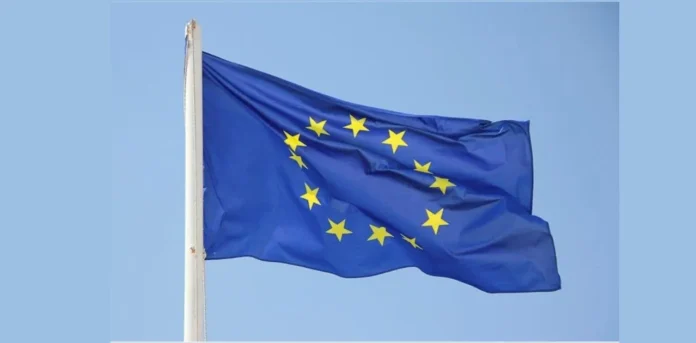Recent results from European Parliament elections show that Parliament has shifted more to the right, potentially complicating the passage of ambitious EU climate measures. But most of Europe’s pioneering green policies remain intact, according to lawmakers, officials and researchers
Preliminary results from Sunday night’s European Parliament elections showed that despite the centrist parties holding a majority, there were significant advantages for far-right parties debating the on the ‘green deal’ policy of EU environmental policies. In addition, the Greens lost heavily.
“I don’t think we’re going to roll back (climate) measures. But I think it’s going to be much harder to get new measures off the ground,” Bas Eickhout, head of the Greens parliamentary group in the European Parliament, said in an interview in with Reuters.
Europe’s Climate Plan
The future of EU climate action over the next five years largely depends on the upcoming European Commission, which is tasked with proposing EU legislation but will have a major impact on the newly elected European Parliament on any other green policy.
Saturday’s vote means it will be increasingly difficult to get a new EU climate deal passed. “It will be difficult to go through all new policies. But it is highly unlikely that they will be able to backtrack,” Poland’s climate foreign secretary, Christoph Bolesta, told Reuters.
Julian Popov, who served as Bulgaria’s environment minister until April, said “new ambitions may be delayed, mostly for population reasons” This delay could affect the upcoming 2040 EU climate target, which critical to steering the EU towards its 2050 zero-carbon target. The EU Commission has proposed an ambitious 90% emissions reduction for the 2040 target, but it must be agreed by EU countries and parliaments.
The upcoming European Commission and Parliament will also face tough decisions on introducing a new framework to steer business towards the 2040 targets. This includes agriculture, where carbon emissions have barely fallen since 2005. But despite widespread protests by farmers across Europe, there is little political will to impose new regulations business, especially if the cost of compliance would increase food prices at the cost of living within a generation.
Despite the potential obstacles to new climate policies, the full reversal of many EU climate policies introduced in the last five years will be a legal challenge These policies, including energy production no new targets along with enhanced carbon pricing mechanisms in power and infrastructure are enshrined in EU legislation and already implemented in 27 member states.
Many of these initiatives are already bearing fruit. EU emissions have fallen by about a third since 1990, and Europe is installing wind and solar power at an unprecedented pace. But the election campaign saw an increase in calls from the possibility of repealing a Green Deal policy, in particular aiming to ban new petrol and diesel vehicles in the EU by 2035. This policy includes research a it will be reviewed in 2026, subject to parliamentary discussion .
Italian Prime Minister Giorgio Maloni described the 2035 automotive strategy as “ideological nonsense that needs to be completely overhauled” in an interview with the online magazine Open last week. There are also some senators in the European People’s Party who want to see it repealed To secure a second term, von der Leyen needs the support of a majority of senators in the new European Parliament.
Still, the climate deal is unlikely to be postponed much further. This is partly because all existing EU climate policies have sought to achieve the 2030 climate target, including a 55% reduction in greenhouse gas emissions since 1990 in 1999—a goal endorsed by national governments and parliaments and enshrined in EU law
“The individual rules may change, but what will matter is how they overlap,” explained Mats Engström, co-director of the Council of Europe’s Foreign Relations think tank.
Don’t Call It A ‘Green’ Deal
Unlike previous EU elections in 2019, which sent millions of young people across Europe into the anti-climate streets, this year’s campaign is dominated by issues such as immigration, the economic crisis and struggling European businesses and successful By comparison, it would be a substantial increase of about 356 billion euros a year, according to the European Investment Bank
Campaign promises across the political spectrum emphasized investment in local infrastructure while competition with the U.S. and China for green technologies like low-carbon steel and electric cars is strong Some analysts suggest this idea could lead to more investment and policies to support non-climate projects , though they are focused on supporting the industry rather than explicitly promoting green and clean businesses though
“When it comes to creating green technology here in Europe, it can be done in the name of ‘technological competitiveness’ and not because of the weather,” said Linda Kalcher, senior director of strategy at concept strategy so in the think tank said. “We may see the metaphor change, but the action on the ground is the same,” Kalcher concluded.

